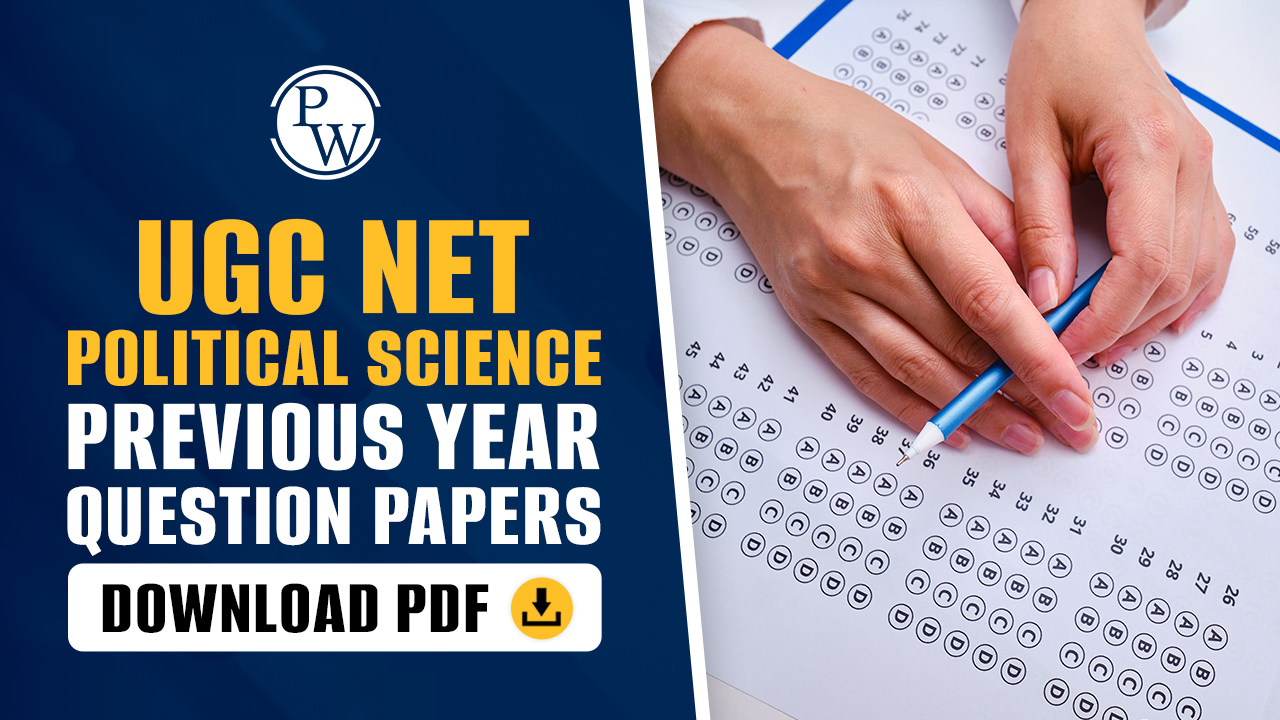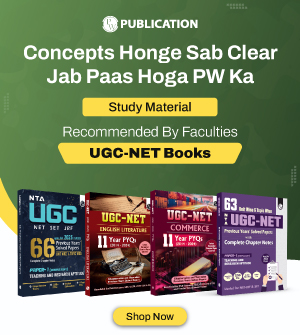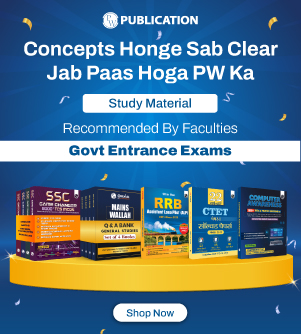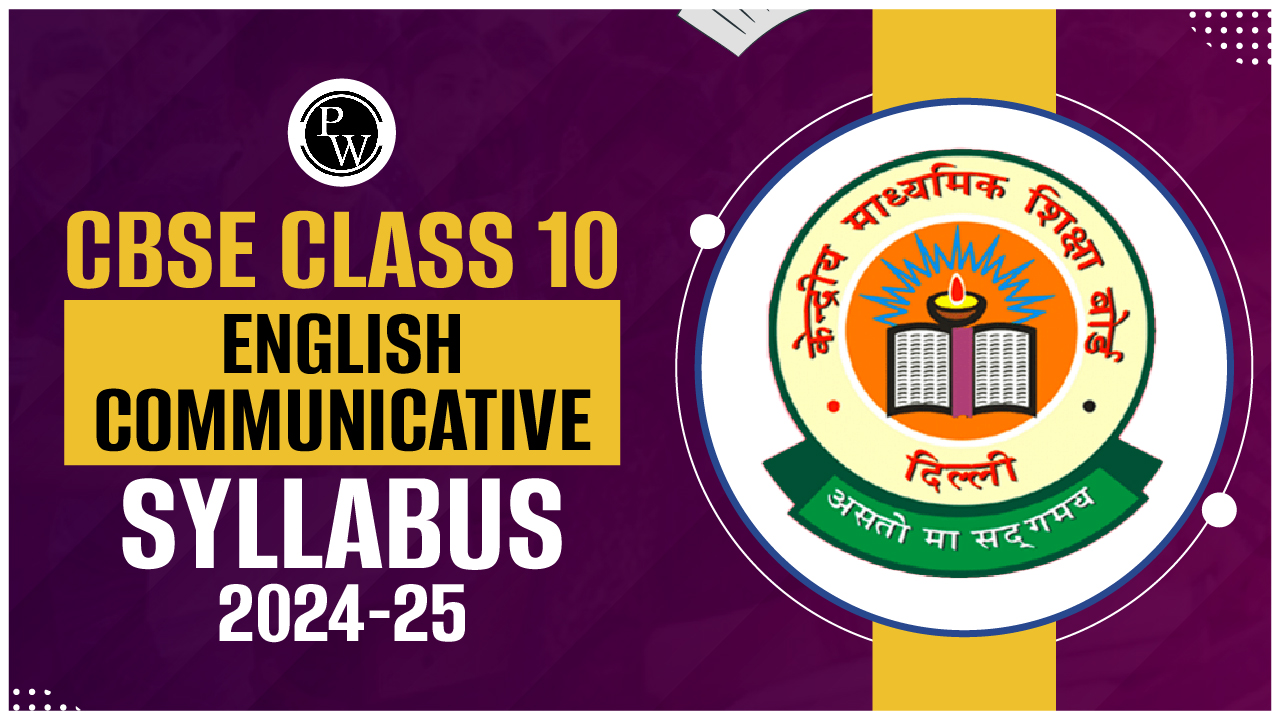UGC NET Political Science Previous Year Question Papers, Download PDF

UGC NET Political Science Previous Year Question Papers: The University Grants Commission National Eligibility Test (UGC NET) is a national-level examination conducted by the National Testing Agency (NTA) to determine the eligibility of candidates for the post of Assistant Professor and award of Junior Research Fellowship (JRF) in Indian universities and colleges. Held twice a year, usually in June and December, the exam covers a variety of subjects across the Humanities, Social Sciences, and more. The UGC NET is divided into two papers: Paper I, which tests teaching and research aptitude, and Paper II, which is subject-specific.
Among the various subjects, Political Science is a popular choice for aspirants with a background in Political Studies. To prepare effectively, candidates are encouraged to practice with the UGC NET Political Science question paper. Solving UGC NET Political Science previous year question papers not only familiarises students with the exam pattern but also helps them understand frequently asked topics. Check out the article below for UGC NET Political Science Previous Year Question Papers.
Check Out: UGC-NET Books
UGC NET June 2025
The UGC NET June 2025 exam will be held from June 21 to June 30, 2025. Candidates can expect the City Intimation Slip to be released a week before the exam, followed by the admit card on the official website, ugcnet.nta.nic.in.
|
Event |
Date |
|
Notification Release |
April 16, 2025 |
|
Application Start Date |
April 16, 2025 |
|
Last Date to Apply |
May 12, 2025 (Extended from May 7) |
|
Last Date for Fee Payment |
May 13, 2025 |
|
City Intimation Slip Release |
One week before the exam |
|
Exam Dates |
June 21 – June 30, 2025 |
|
Conducting Authority |
National Testing Agency (NTA) |
|
Official Website |
https://ugcnet.nta.nic.in |
|
Exam Frequency |
Twice a year (June & December) |
|
Mode of Examination |
Online (Computer-Based Test) |
UGC NET Political Science Important Topics
For candidates preparing for UGC NET Political Science, referring to the UGC NET Political Science previous year question papers is one of the most effective strategies. Some of the most important topics include Political Theory, Indian Political Thought, Comparative Politics, International Relations, Public Administration, and India’s Foreign Policy. Focusing on these key areas while regularly solving PYQs will help candidates prepare in more effective way:-
|
Unit |
Important Topics |
|
Unit 1: Political Theory |
Liberalism, Marxism, Feminism, Justice, Equality, Rights, Democracy |
|
Unit 2: Political Thought |
Plato, Aristotle, Machiavelli, Hobbes, Locke, Rousseau, Marx, Gandhi, Ambedkar |
|
Unit 3: Indian Political Thought |
Manu, Kautilya, Ram Mohan Roy, Nehru, M.N. Roy, Lohia, Periyar, Tagore |
|
Unit 4: Comparative Politics |
Political Culture, Political Socialisation, Electoral Systems, Party Systems |
|
Unit 5: International Relations |
Realism, Liberalism, Marxism, Globalisation, International Organisations |
|
Unit 6: India’s Foreign Policy |
NAM, India-US Relations, India-China Relations, SAARC, India's Nuclear Policy |
|
Unit 7: Political Institutions in India |
Indian Constitution, Parliament, Judiciary, Federalism, Election Commission |
|
Unit 8: Political Processes in India |
Caste, Religion, Regionalism, Coalition Politics, Political Parties, Movements |
|
Unit 9: Public Administration |
Bureaucracy, New Public Management, Accountability, E-Governance, Policy Making |
|
Unit 10: Governance and Development |
Sustainable Development, Good Governance, RTI, Human Development, Social Audit |
Check Out: 66 UGC NET Paper 1 Previous Year Solved Papers
Benefits of Solving UGC NET PYQs
1. Know the Exam Pattern: Solving the UGC NET Political Science question paper helps you understand how the exam looks and what kind of questions are asked.
2. Find Important Topics: UGC NET Political Science PYQ papers show which topics are asked again and again, so you can focus on them more.
3. Improve Time Management: Practising UGC NET Political Science previous year question papers helps you answer faster and manage time better in the real exam.
4. Clear Your Concepts: PYQs help you understand the subject better by showing how questions are framed around important topics.
UGC NET Political Science Previous Year Question Papers
1. Which of the following statements regarding the federal features of the Indian Constitution are correct?
A. India is a Union of States.
B. The Constitution is the supreme organic law of the land.
C. The legislative powers are distributed between the centre and the states.
D. The residuary powers are reserved to the states.
E. All states have equal representation in the Rajya Sabha.
Choose the correct answer from the options given below:
(a) A, B and D only
(b) A, B and C only
(c) B, C and D only
(d) C, D and E only
2. Who wrote the article ‘Civil Disobedience’?
(a) Bell Hooks
(b) James Tully
(c) Herbert Marcuse
(d) Henry David Thoreau
3. Who wrote the book The Sociology of Religion?
(a) Max Weber
(b) Ana Ballesteros Peiro
(c) John Locke
(d) Herbert Marcuse
4. Identify the essential facts about communism.
A. Common Ownership
B. Absolute Equality
C. Classless Society
D. Vanguard Party
E. Dictatorship of the Priestly Class
Choose the correct answer from the options given below:
(a) A, B, C, E only
(b) A, B, C, D only
(c) A, B, D, E only
(d) B, C, D, E only
5. Ram Manohar Lohia advanced his theory of history through his famous work:
(a) Wheel of History
(b) An Introduction to the Principles of Morals and Legislation
(c) Liberalism and the Limits of Justice
(d) Eros and Civilisation
6. M.C. Rajah of Madras was the first elected president of:
(a) All India Depressed Classes Association
(b) All Assam Students Union
(c) Indian National Congress
(d) British Indian Association
7. Who is the first woman Director-General of the WTO?
(a) Ngozi Okonjo-Iweala
(b) Mike Moore Supachai
(c) Peter Sutherland
(d) Pascal Lamy
8. Arrange the Directors-General of GATT/WTO as per their tenure in chronological order:
A. Eric Wyndham White
B. Olivier Long
C. Arthur Dunkel
D. Peter Sutherland
E. Ngozi Okonjo-Iweala
Choose the correct answer from the options given below:
(a) A, B, C, D, E
(b) B, C, D, E, A
(c) C, D, E, B, A
(d) D, A, B, C, E
9. Who was a trenchant critic of Aryanism, Brahmanism, and Hinduism?
(a) Dayananda Saraswati
(b) Swami Kripatri
(c) E.V. Ramaswamy Naicker
(d) Bal Gangadhar Tilak
10. Who asserted that bureaucracy is an exploitative class instrument?
(a) Frederick Herzberg
(b) Karl Marx
(c) B.R. Ambedkar
(d) Fred Riggs
Download the UGC NET Political Science Previous Year Question Papers
Want more such UGC NET Political Science Previous Year Question Papers? Check out below:-
UGC-NET Political Science PYQ 11 Years (2014-2024)
How to Use UGC NET Political Science Previous Year Question Papers?
Preparing for the UGC NET Political Science exam requires a clear strategy, and using previous year question papers effectively can greatly level up your preparation. Check out the tips below to learn How to Use UGC NET Political Science Previous Year Question Papers.
1. Understand the Exam Pattern and Marking Scheme
Before solving the question papers, it is important to know the structure of the exam.
-
Two Papers: Paper I is common for all subjects and tests teaching and research aptitude, while Paper II is subject-specific, here Political Science.
-
Marking Scheme: Each paper carries 100 marks. For Paper II, questions are mostly of the objective type (multiple choice questions).
-
Time Duration: Total exam time is 3 hours, with both papers taken together.
2. Cover the Entire Syllabus
Make sure you have a complete understanding of the UGC NET Political Science syllabus before practising the question papers.
-
Important Topics: Focus on Political Theory, Indian Political Thought, Comparative Politics, International Relations, and Indian Political Institutions.
-
Complete Coverage: The previous year question papers will give you an idea of which topics are frequently asked. Make sure you study all parts of the syllabus to avoid missing out.
-
Linking Theory with Questions: While reading the syllabus, keep the previous year papers handy to see how topics are asked in the exam.
3. Use Previous Year Papers to Identify Important Topics
The effective way to know what to focus on is by analysing past question papers.
-
Frequently Asked Questions: Look for repeating themes in the UGC NET Political Science previous year question papers.
-
Weightage of Topics: Notice how many questions come from each topic and plan your studies accordingly.
-
Prioritise Preparation: Give more time to topics like Political Theory, Public Administration, and International Relations, as they often carry more marks.
4. Practice Time Management
Solving question papers helps you manage your exam time better.
-
Simulate Exam Conditions: Set a timer for 3 hours and practice full papers to improve speed and accuracy.
-
Identify Difficult Questions: Mark questions that take more time and work on answering them faster.
-
Balance Your Attempt: Learn to allocate time properly between easier and tougher questions using the UGC NET previous year question paper Political Science PDF files.
5. Improve Your Answering Technique
How you answer is as important as what you answer.
-
Read Questions Carefully: Understand each question fully before attempting an answer.
-
Eliminate Wrong Options: For MCQs, remove obviously wrong answers to improve your chances.
-
Practice Writing Answers: For descriptive parts or long answers (if any), practise writing clear, concise points.
6. Analyse Your Performance Regularly
Use the previous year papers to track your progress.
-
Review Mistakes: After solving papers, check where you went wrong and revisit those topics.
-
Keep Notes: Maintain a notebook for tricky questions and important points from the UGC NET Political Science previous year question paper.
-
Look for Help if Needed: Discuss difficult questions with teachers or peers to improve understanding
7. Combine Previous Year Papers with Mock Tests for Better Practice
While practising UGC NET Political Science previous year question papers is very useful, combining them with mock tests will enhance your preparation:-
-
Experience Exam-like Conditions: Mock tests simulate the real exam environment, helping you get used to pressure and time limits.
-
Variety of Questions: Mock tests include new questions along with patterns similar to PYQs, giving you more practice questions.
8. Avoid Just Memorising Answers
Exams may ask the same topics differently, so only memorising won’t help you understand. It’s better to learn the ideas and concepts, not just the exact answers.
Read More: UGC NET Study Material for 2025 Exams
UGC NET Political Science Previous Year Papers FAQs
1. What is the importance of solving UGC NET Political Science previous year question papers?
Solving previous year papers helps you understand the exam pattern, question types, and important topics, which improves your preparation and confidence.
2. Where can I find UGC NET Political Science previous year question papers?
You can download them from the official NTA website or educational portals that provide UGC NET previous year question paper Political Science PDF files such as PW.
3. How many years of previous question papers should I solve?
Ideally, solve at least 5 to 10 years of previous year question papers to get a good idea of the exam trends and frequently asked questions.
4. Should I practice only previous year papers for my preparation?
No, while PYQs are very useful, you should also study the full syllabus, read textbooks, and refer to other study materials for complete preparation.
5. How do previous year question papers help in time management?
By practising full-length papers within the exam time limit, you learn how to manage your time efficiently during the real exam.










